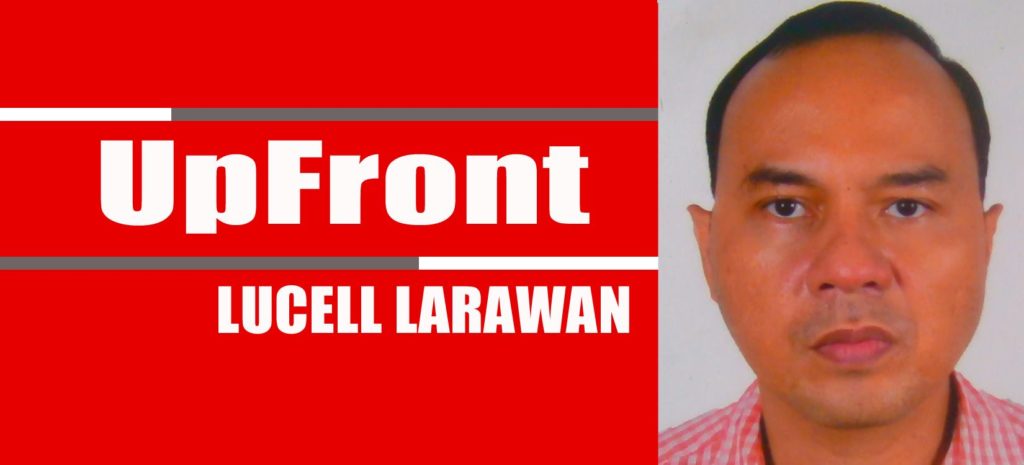
LET me share my poem:
From Manila’s sweltering squares to Hague’s cold cobblestones, they gather—scattered islands forming an archipelago of resistance.
Elena, night-shift nurse in Riyadh, still in scrubs,
Marco, oil rig worker off Norwegian shores, calloused hands clutching candles,
Maricel, domestic helper in Hong Kong, one rare Sunday not spent in parks.
March 28th: a date that pulses like a second Independence Day. The birthday of the tatay they claim as their own despite oceans of separation and criticism. Malasakit alive in their bones—that untranslatable care that transcends mere loyalty, becomes blood-oath.
For seven sacred days, their earnings will not cross oceans.
ATM cards tucked away like weapons holstered,
no remittances—those lifelines that pulse $36 billion yearly into the nation’s fragile veins.
The money that builds concrete homes replacing nipa huts,
pays for antibiotics when lagnat strikes at midnight,
feeds families gathered around flickering electricity,
funds dreams scribbled in secondhand textbooks—suspended.
“Tignan ninyo,” they say, voices thick with resolve and homesickness,
“when we close our wallets as you’ve closed your ears.”
Their empty bank transfer forms—blank ballots
in an election the powerful never anticipated.
The world’s headlines painted him in blood,
but these crowds speak a truth scented with sampaguita and sea salt:
They remember streets where children once played past sunset,
the grammar of promised change delivered in rapid-fire Bisaya,
the straight-talk that felt like respect after years of political perfume.
In Amsterdam’s flower markets, in Turin’s industrial squares,
brown hands that daily serve Europe’s comfort
now hold placards and empty padala envelopes.
These hands that bathe the elderly, construct the modernizing skylines,
steer massive ships through international waters—
now directing currents of another kind.
The sacrifice calibrated in missed meals back home:
Lola’s maintenance medicine delayed one week,
cousin Jenny’s tuition payment that will incur late fees,
the power bill that will mean darkness for days.
The mathematics of devotion calculated in pesos withheld,
in refrigerators gradually emptying in Batangas and Cebu,
in text messages apologizing: “Pasensya na, anak. Next week na lang.“
What the tribunals measuring human rights violations cannot quantify:
how a president became worth the hunger pangs,
how his rough justice seemed like tender mercy
to those who lived generations watching criminals walk free,
how his crude words felt like honesty
after decades of political poetry that built nothing.
The news cameras capture crowds but miss the sacrifice:
The seafarer who walks five kilometers to save bus fare,
the caregiver who skips meals to save euros,
the construction worker sleeping four to a room in Dubai—
all sending nothing home this week, though it cuts like self-surgery.
From Davao to Dubai, from Tondo to Toronto,
they light their candles against twin darknesses:
the shadow of international judgment, and
the literal darkness they’ve temporarily sentenced their families to.
For seven days, their love measures
in the weight of tiis—endurance beyond Western comprehension, in the
language of bayanihan—collective action as spiritual practice.
Their empty bank accounts for one week
a war chest filled not with money but with absence,
a testimony louder than Hague’s gavels:
He is worth this hunger,
he is worth this pain,
he is worth the voice on the phone from home asking,
“Bakit wala pang padala?“
And the brave answer across static and satellite:
“Para sa bayan ito. Para sa ating Pangulo.“
This is how Filipinos pray—not just with palms pressed together, but
with wallets closed in defiance,
with sacrifice that tastes like steamed rice without ulam,
with love that costs exactly everything they have.

